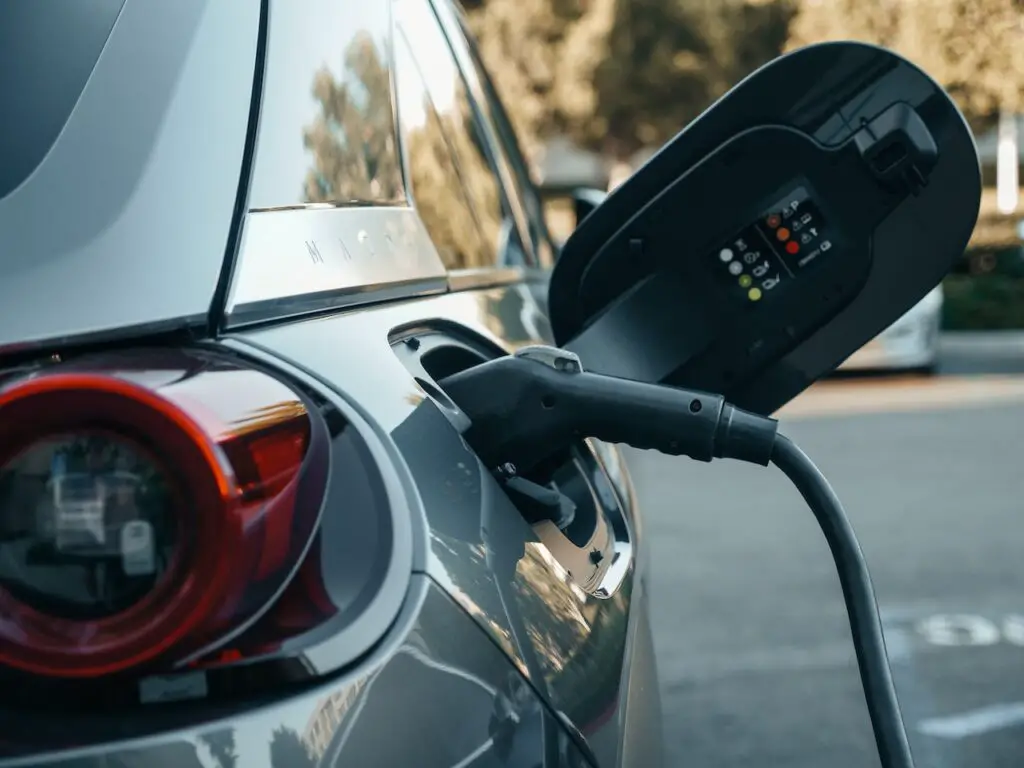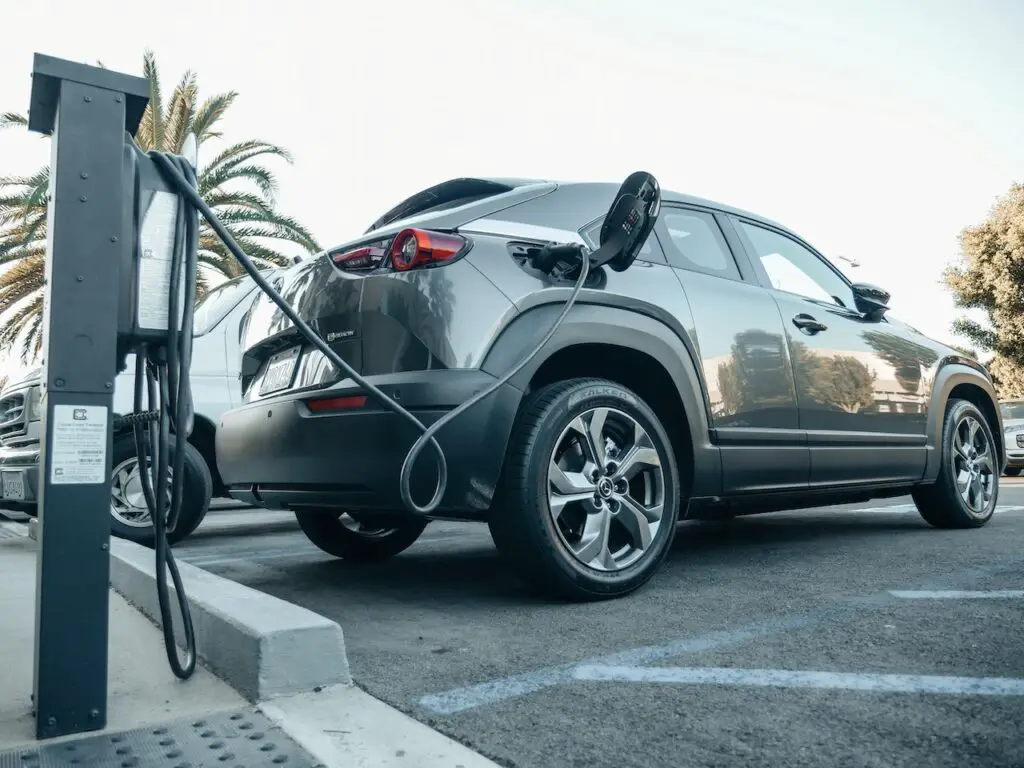Electric vehicles (EVs) are becoming increasingly popular, and for good reason. They are environmentally friendly, efficient, and quiet. However, one of the most common questions asked about EVs is how much their batteries weigh. The weight of an EV battery is an important factor to consider, as it affects the vehicle’s performance, range, and safety.
The weight of an EV battery varies depending on its size, power, and capacity. According to various sources, the weight of an EV battery can range from 100kg to 550kg. This weight can have a significant impact on the overall weight of the vehicle, which can affect its handling, acceleration, and braking. It can also affect the vehicle’s range, as a heavier vehicle requires more energy to move.
Understanding how much an EV battery weighs is important for anyone considering purchasing an EV or for those who are just curious about the technology. This article will explore the weight of EV batteries, how it affects the performance of the vehicle, and what factors contribute to the weight of an EV battery.

What is an EV Battery?
An EV battery, or electric vehicle battery, is the rechargeable battery that powers the electric motor of an electric vehicle. It is the most important component of an electric vehicle, as it stores the energy that is needed to power the vehicle.
EV batteries are made up of many individual cells that are connected together to form a battery pack. The cells are usually made of lithium-ion, which is a type of rechargeable battery that is commonly used in consumer electronics.
The size, weight, and power capacity of an EV battery can vary widely depending on the make and model of the vehicle. Generally, the more powerful the battery, the greater the weight. The weight of an EV battery is an important consideration, as it can affect the vehicle’s performance and range.
Why Does the Weight of an EV Battery Matter?
Electric vehicles (EVs) rely on batteries to store the energy needed to power the vehicle. The weight of the battery is a crucial factor in determining the performance and efficiency of an EV. The heavier the battery, the more energy is required to move the vehicle, which can result in decreased range and decreased overall efficiency.
Additionally, the weight of the battery can affect the handling and stability of the vehicle. A heavier battery can impact the center of gravity and cause the vehicle to handle differently than a lighter vehicle. This can be particularly important in emergency situations or when driving in hazardous conditions.
Furthermore, the weight of the battery can impact the overall cost of the vehicle. A heavier battery requires more materials to manufacture, which can increase the cost of the battery and, in turn, the cost of the vehicle. This can make EVs less accessible to consumers who are looking for a more affordable option.
However, it’s important to note that the weight of the battery is not the only factor that affects the performance and efficiency of an EV. Other factors, such as the design of the vehicle, the efficiency of the motor, and the driving habits of the operator, can all impact the overall performance and efficiency of an EV.
Factors Affecting the Weight of an EV Battery
Battery Chemistry
The type of chemistry used in an EV battery plays a significant role in determining its weight. Lithium-ion batteries, which are commonly used in electric cars, are generally lighter than other battery chemistries like lead-acid or nickel-metal hydride. This is because lithium-ion batteries have a higher energy density, which means they can store more energy in a smaller and lighter package.
Battery Capacity
The capacity of an EV battery, which is measured in kilowatt-hours (kWh), is another factor that affects its weight. Generally, the higher the battery capacity, the more energy it can store, and the heavier it will be. For example, a 100 kWh battery can weigh up to 600 kg, while a 12 kWh battery may weigh between 100-150 kg.
Battery Size
The size of an EV battery is also a crucial factor in determining its weight. Larger batteries require more materials to manufacture, which translates to more weight. However, larger batteries can also store more energy, which means longer driving ranges. The size of an EV battery is usually measured in physical dimensions like length, width, and height.
Manufacturing Techniques
The manufacturing techniques used in making an EV battery can also impact its weight. For example, some manufacturers use lightweight materials like aluminum or carbon fiber to reduce the overall weight of the battery pack. Additionally, advancements in manufacturing techniques like 3D printing and solid-state battery technology may lead to lighter and more efficient batteries in the future. Overall, the weight of an EV battery is influenced by several factors, including battery chemistry, capacity, size, and manufacturing techniques. As the demand for electric vehicles continues to grow, manufacturers are exploring new ways to reduce the weight of batteries while improving their performance and energy efficiency.
How Much Does an EV Battery Weigh?
Electric vehicles (EVs) are powered by batteries that are significantly heavier than traditional gasoline-powered engines. The weight of an EV battery depends on various factors, including the size of the battery pack and the type of vehicle.
On average, an EV battery weighs around 1,000 pounds, with some models sporting 1-ton batteries. The battery weight is a crucial factor in the overall weight of the vehicle, which affects its performance and range.
According to a study by the US Department of Energy, the weight of an EV battery can range from 500 to 1,200 pounds, depending on the type of vehicle and its battery capacity. As the battery capacity increases, so does its weight.
It is worth noting that the weight of an EV battery can have implications for safety. A heavier battery can affect the vehicle’s handling and stability, especially during high-speed maneuvers. Therefore, automakers must design their vehicles with safety in mind, considering the weight distribution and positioning of the battery pack.
Comparison of EV Battery Weights
Different EV Battery Types
There are several types of EV batteries, including lithium-ion, nickel-metal hydride, and lead-acid batteries. Lithium-ion batteries are the most common type of EV battery due to their high energy density, long lifespan, and low maintenance requirements. Nickel-metal hydride batteries are less common but still used in some hybrid and electric vehicles. Lead-acid batteries are the oldest and least efficient type of EV battery and are used mainly in low-speed electric vehicles such as forklifts.
EV Models
The weight of an EV battery varies depending on the model and manufacturer. According to a study by Bjørn Nyland, the weight per battery capacity ranges from 22 to 75 kg/kWh. The average weight of an EV battery is about 1,000 pounds, with some batteries weighing more than 2,000 pounds. The heaviest EV battery is the Hummer EV battery, which weighs around 2,923 pounds. Here are some examples of EV models and their battery weights:
- Tesla Model S: 1,200 pounds
- Nissan Leaf: 600 pounds
- BMW i3: 450 pounds
- Chevrolet Bolt: 960 pounds
- Tesla Model X: 1,400 pounds
It is important to note that the weight of an EV battery can affect the vehicle’s performance, including its range, acceleration, and handling. Manufacturers are constantly working to improve battery technology to increase energy density and reduce weight, which will ultimately lead to better EV performance and lower costs for consumers.
Conclusion
Electric vehicle batteries are an essential component of the EV powertrain. They store the energy needed to power the car and enable it to travel long distances. However, the weight of the battery is a significant concern for EV manufacturers and consumers.
According to the research, the weight of an EV battery can range from 100 kg to 2,923 pounds, depending on the size and type of the battery. The heavier the battery the more energy it requires to move the car. This can affect the overall performance and efficiency of the vehicle.
Despite the weight issue, EV batteries have come a long way in terms of technology and energy density. The energy capacity per unit battery weight for electric vehicles is high, ranging from 60 to 96 Wh/kg. This means that even though the battery may be heavy, it can still store a lot of energy, enabling the car to travel long distances.
As EV technology continues to evolve, it is likely that battery weight will become less of an issue. Manufacturers are constantly developing new battery chemistries and materials to increase energy density and reduce weight. This will improve the performance and range of EVs, making them more attractive to consumers.




